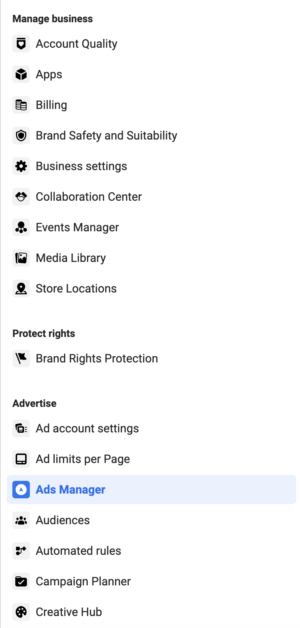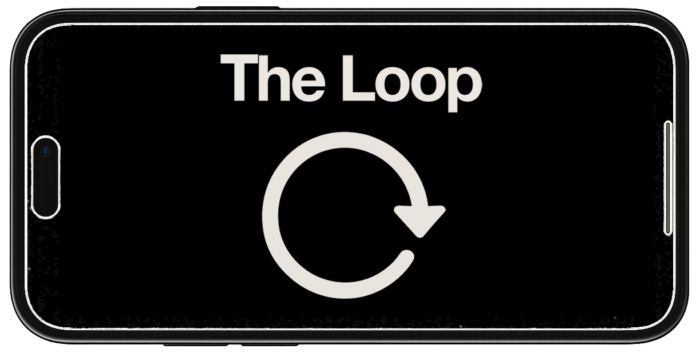I’ve seen it again and again. Those who are most successful with Meta ads have an underlying curiosity that others don’t. They align their goals with a basic understanding of how things work. Most importantly, they experiment.
You can’t be intimidated by the platform. Those who are will lack the confidence to try something different without validation that it will work.
Here’s how you should approach experimentation…
1. “Should I Do This?”
The advertiser who embraces experimentation doesn’t ask, “Should I use Standard Enhancements?” or “Would you go broad?” They realize that someone else’s experience is unique to them.
Don’t worry about what others are doing. If you’re curious if something will work, there’s only one way to find out: Try it!
2. They Know Their Toolbox
When you experiment often, a crazy thing happens: You aren’t isolated to specific parts of Ads Manager. You’re constantly looking around to find what’s under that random rock.
I encourage you to poke around the Ads Manager. I guarantee there’s something there you’ve never seen before. Explore!

If you’re a curious advertiser, you want to know how everything works. You want to know how you might use it.
The more you know, the more potential solutions you’ll have for a future problem.
3. They Use Tools in Creative Ways
Not everyone will understand this, but you don’t always need to use tools the way they were intended. Sometimes, they’ll solve a completely different problem.
Let me provide an example…
Meta created Reach optimization for bigger budgets to help improve brand awareness. But there’s something unique about this option that isn’t available with any other type of optimization: Frequency capping.
As a result, this can be a great solution for the complete opposite of brand awareness with large audiences and big budgets. You can use it with a hyper-engaged and small audience. Why? Because you value all of them equally. And you want to be able to control your frequency when reaching this small audience.
The beauty of that approach? You’ll spend very little.
4. They Embrace Some Failure
The typical advertiser is afraid to try something new or unproven because they don’t want to waste money. This is why they often ask others what they’re doing before they try to do it themselves.
The experimenting advertiser knows that this crazy thing they’re going to try might not work. But that’s part of the beauty of it.
They’ll learn from what happens. They’ll get new ideas from a failed campaign, and they’ll try again.
Failure is part of the process. You can’t fear failure. This is how you discover something new.
5. A Unique Understanding
An experimenting advertiser has to be independent. They understand one of the most critical aspects of Meta advertising: Your results are your unique experience.
What I mean is that there are seemingly limitless factors that impact whether your ads are amazing or bomb. Some of these factors are outside of your control. Some are within your control. But your ads and collection of advantages and disadvantages will always be different from mine as they enter the auction.
Your situation is unique. Your ads are unique. And your results will be unique.
Because of that, why worry so much about how others are running their own ads? It will rarely translate. Get inspired by your unique problem and find a unique solution!
6. This is How You Learn
You may think this only describes an experienced advertiser, but it doesn’t. It describes a new advertiser, too.
Sure, your knowledge as a new advertiser will be less complete. You will make more mistakes. But you can also risk less with lower budgets.
There is no better way to learn something new than to experiment with it. Over and over again.
Watch Video
I recorded a video about this, too. Check it out below…
Your Turn
I encourage you to be curious. Worry less about what others are doing and experiment often.
What do you think? Are you a natural experimenter?
Let me know in the comments below!







